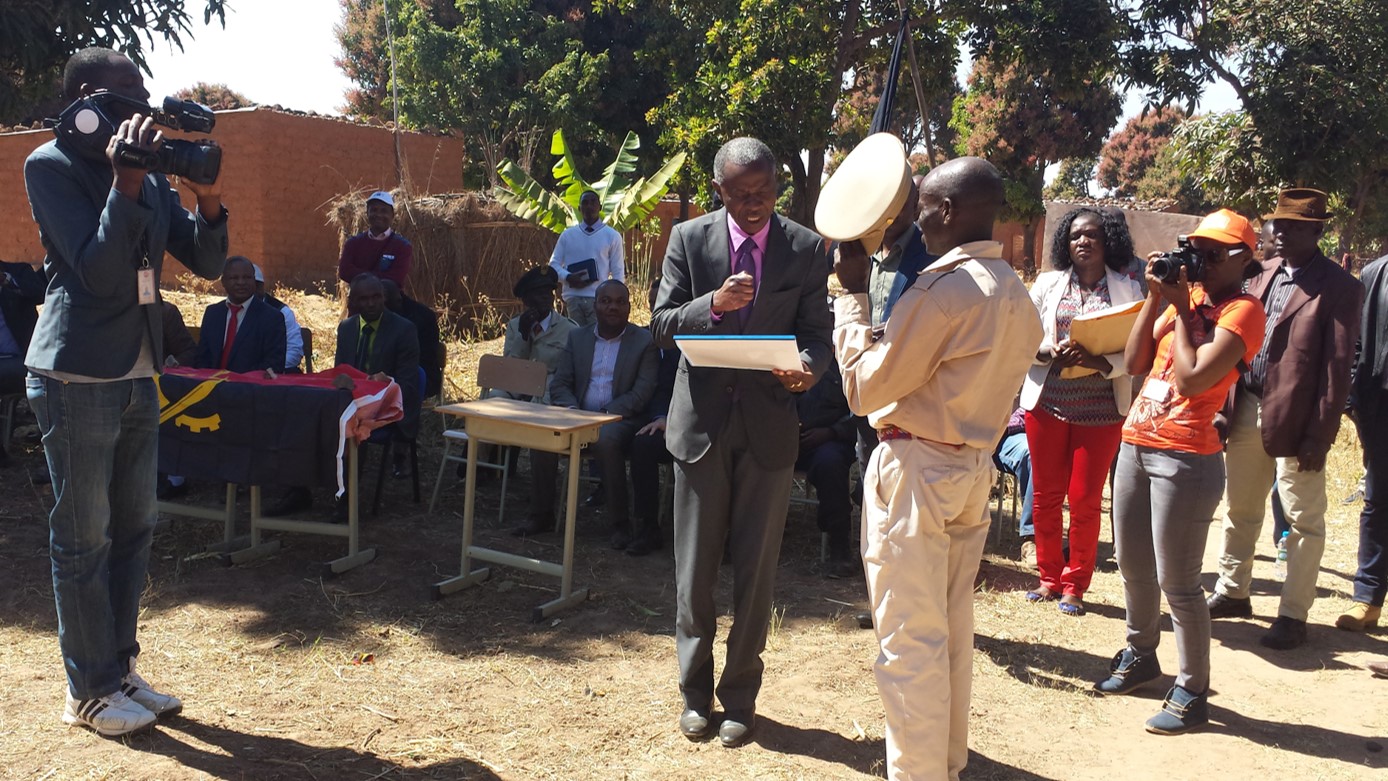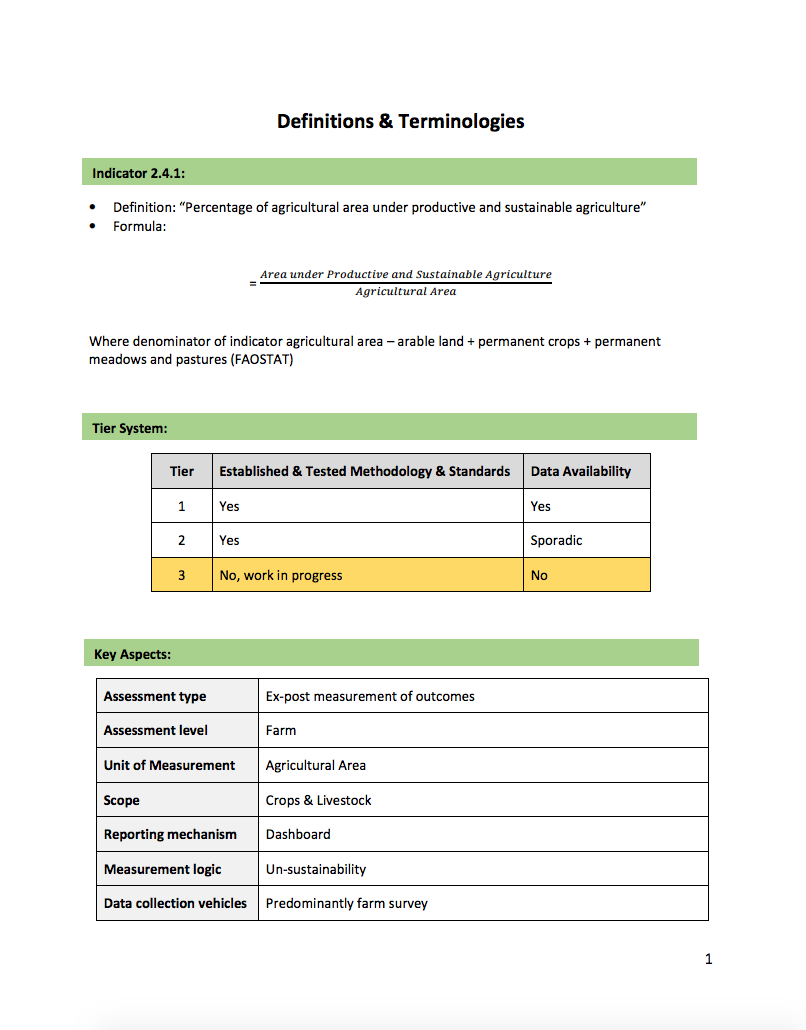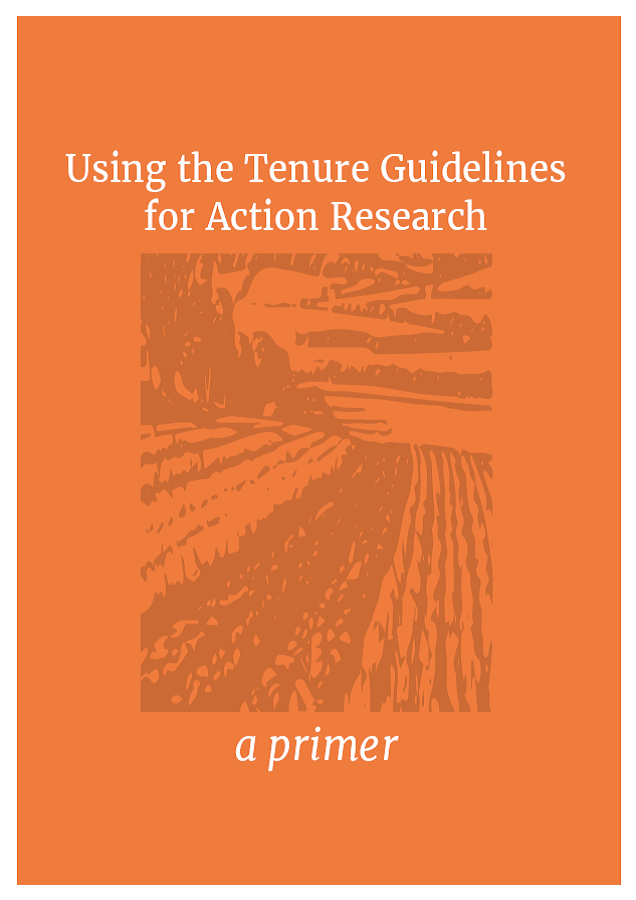zone rurale
AGROVOC URI:
[Latin American cooperation in the agenda of rural areas development]
Assessment of Land use/land cover Change in the North-West District of Delhi Using Remote Sensing and GIS Techniques
Land is one of the prime natural resources. A city grows not only by population but also by changes in spatial dimensions. Urban population growth and urban sprawl induced land use changes and land transformation. The land transformation is a natural process and cannot be stopped but it can be regulated. Many geographical changes at the urban periphery are associated with the transfer of land from rural to urban purpose. There is an urgent need for fast growing areas like Delhi, which can be easily done by high-resolution remote sensing data.
[Bulletin of Agrarian Science of the Cis-Black Sea Region]
The present e-collection of scientific works deals with results of research on issues of economy, agrarian and engineering sciences studied by researchers, post-graduate students, magisters and students of Mykolayiv State Agrarian Univ. and other educational establishments of the Ministry of Agrarian Policy of Ukraine are elucidated. The issue comprises 30 scientific papers, distributed by three sections, in particular Economic sciences (18 papers), Agricultural sciences (10) and Engineering sciences (2 papers), and, what is important, except the Ukrainian-language contents (pp.
Farmers facing rapid agricultural land condition changes in two villages in the Upper Amazon, Peru: can action learning contribute to resilience?
Analysis of land fragmentation in rural areas
Implementing the land reform, territories of farms were quite often formed of several - up to 20 - land plots, frequently with disadvantageous borders. With reorganization of production of the farms, rural development and activities of land market, importance and tasks of rational territory organization will grow. Besides, it can be forecasted that, as a result of land rent and further buy-sell and other transactions, many new farmland properties and land uses are going to appear which might not correspond to the requirements of rational territory organization.
Shift in herders’ territorialities from regional to local scale: the political ecology of pastoral herding in western Burkina Faso
In Burkina Faso, livestock sedentarization programmes are still at the top of policy makers’ agendas and at the heart of their discourse, despite huge changes in land cover, land use and territorialities in rural areas. This paper contributes to the literature on the impact of livestock policies targeting the sedentarization of pastoralism in sub-Saharan Africa by specifically highlighting the territorial consequences of such policies.
The recognition of the customary land rights: lessons from the Province of Bié in Angola
Effective recognition of customary land rights is still a challenge in Angola, as in many other African countries. Despite customary land rights of the traditional rural communities are expressly recognized in the 2004 National Land Law, very few communities in Angola have been able to register their land. In the Province of Bié, in Angola central highlands, only five customary collective land titles (called Dominio Util Consuetudinario) had been issued within the period 2004-2015.
Strengthening Dryland Women's Land Rights
Land and land-based natural resources are the foundation of livelihoods for millions of people and are related to social, cultural and spiritual identity. This is particularly the case for drylands people, who, due to low and variable rainfall and water availability, have developed adaptive strategies in response to seasonal, climatic and environmental change. Gender role norms play an important role in these dynamics, where men and women often undertake different livelihood activities to manage difficult ecological conditions.
SDG Indicator 2.4.1: Definitions & Terminologies
The Definitions & Terminologies for SDG Indicator 2.4.1.: “Percentage of agricultural area under productive and sustainable agriculture".
Guide for grassroots movements on tenure bottom-up accountability
The purpose of the guide is to provide practical information to rural communities that they can use in framing and devising collective action and engagement strategies to strengthen their tenure of land, fisheries and forest and bring about bottom-up accountability.





